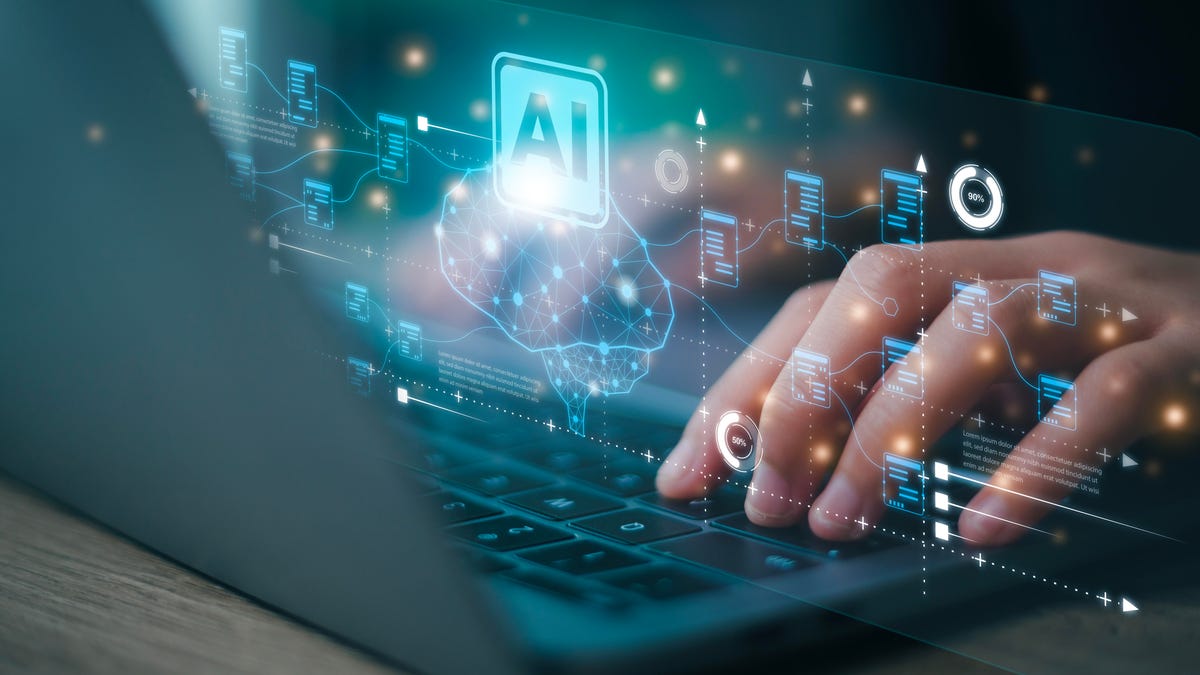OpenAI Tests Stronger ChatGPT Memory: Here's What It'll Remember About You
The new feature will only roll out to a handful of people, but will keep tabs on everything they share.

The latest version of ChatGPT will remember details about users.
ChatGPT maker OpenAI is testing a version of its chatbot that remembers what users tell it. ChatGPT can even use that information in subsequent conversations, the company said Tuesday.
Not all users will get the new memory feature right now, but a broader rollout is coming soon. You'll have the option to adjust the items that ChatGPT remembers or turn off the memory entirely.
"Remembering things you discuss across all chats saves you from having to repeat information and makes future conversations more helpful," the company said in a statement that emphasized it's leaving control of the chatbot's memory in user hands. "You can explicitly tell it to remember something, ask it what it remembers, and tell it to forget conversationally or through settings."
ChatGPT was introduced by OpenAI in late 2022, and in just a few months, it reached 100 million monthly users, setting the record for the fastest-growing consumer application in history. The chatbot and similar programs have kept AI in the headlines, whether for helping Paul McCartney create the final Beatles song or for more controversial uses. Recently, the FCC stepped in to ban AI-faked voices in robocalls. AI even showed up in some of the commercials shown during the Super Bowl, where one ad showed how AI helps people with impaired vision take photos by telling them if a face is out of the frame.
But it's ChatGPT that first comes to the mind of many people when they think of AI, making the addition of memory newsworthy.
What things will ChatGPT remember?
When memory is on, the chatbot will remember your preferences and any facts that you've shared with it. For example, it might remember the format in which you want your meeting notes summarized or that your child loves jellyfish and might use one on a birthday card.
ChatGPT previously used a simpler form of memory, The New York Times notes, but that memory used only information shared earlier in the same conversation. This new feature allows it to draw on previous discussions you've had with the chatbot.
Don't want it? Here's how to turn it off
If you're looking to turn off the memory option, you can find that choice under Settings, then Personalization, then Memory. And if memory has been turned off, information used by ChatGPT won't be used to create or use memories.
You can also tell ChatGPT to forget something, view and delete specific memories, or clear all memories. Simply deleting a chat doesn't erase the memories, the company says -- the actual memory itself must be deleted. You can go to Settings, then Personalization, then Manage Memory to do this.
You can also choose a new function called temporary chat for discussions that you choose not to have appear in history, memory or in training of future chatbot models.
Custom GPTs will also have memory
GPT isn't just part of the name of OpenAI's popular chatbot. It stands for generative pretrained transformer, and OpenAI has a platform where creators can make their own custom GPTs. Builders will now have the option to enable memory for their GPTs.
The Books GPT, for example, helps you find a new book to read. With memory enabled, it remembers your favorite books or genres and adjusts its recommendations accordingly.
Editors' note: CNET is using an AI engine to help create some stories. For more, see this post.

